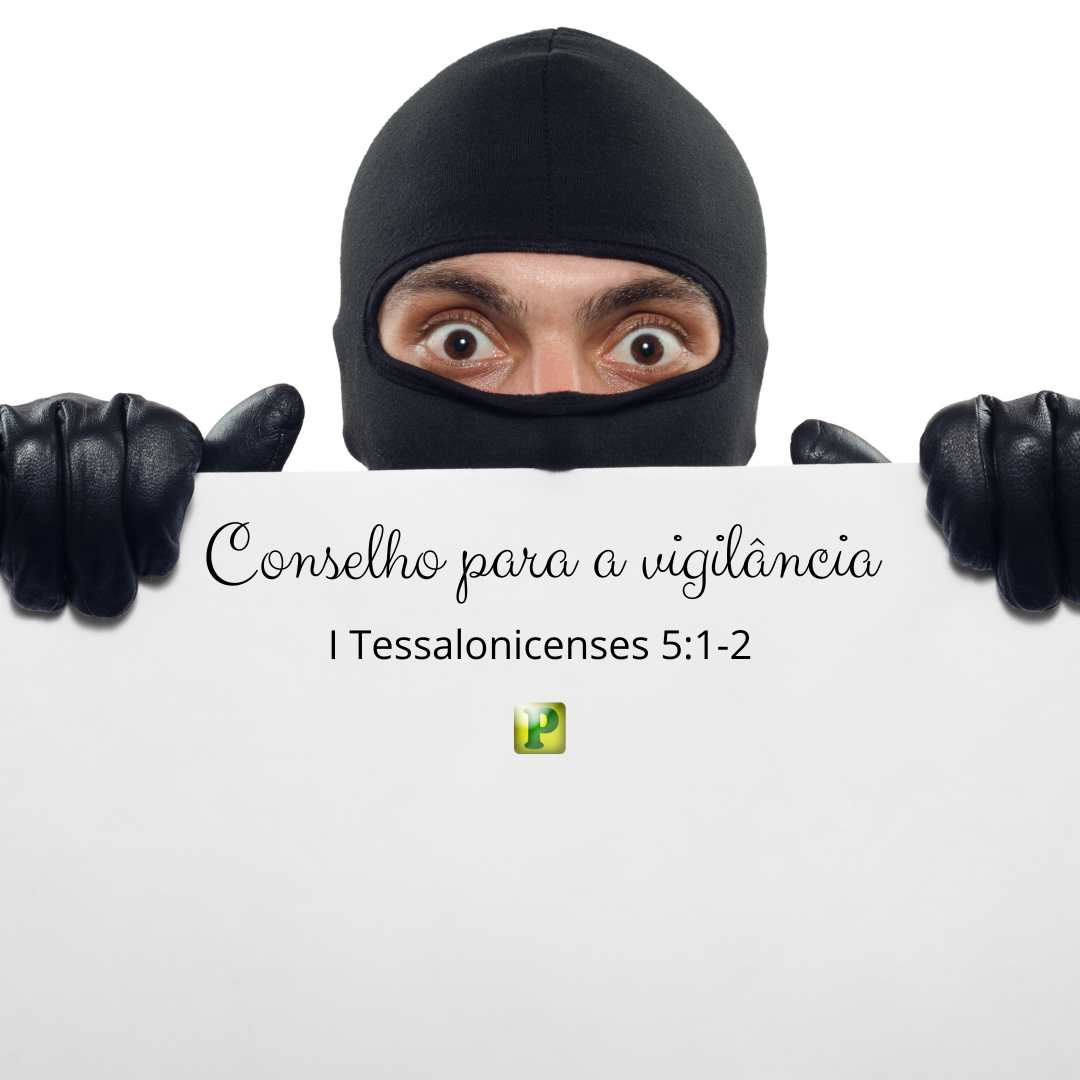The last trumpet – Preaching
Preaching Outline on I Corinthians 15:52 – “In a moment, in the twinkling of an eye, at the last trump: for the trumpet shall sound, and the dead shall be raised incorruptible, and we shall be changed.”
Introduction to I Corinthians 15:52
In 1 Corinthians 15, the apostle Paul addresses the doctrine of the resurrection, which is crucial to the Christian faith. He argues that Christ’s resurrection is the guarantee of the resurrection of all believers. In verse 52, Paul describes a remarkable future event: the transformation of believers at Christ’s second coming, announced by the sounding of the “last trumpet”.
This verse is set in a context where Paul rebuts doubts and skepticism about the resurrection of the dead. Some Christians in Corinth questioned the possibility of a physical resurrection, influenced by Greek philosophies that despised the body. Paul then presents irrefutable proofs and arguments, culminating in a description of the glorious resurrection of believers.
The “last trumpet” mentioned by Paul echoes the imagery of the Old Testament, where trumpets were used to summon the people, announce important events and signal moments of jubilation or war. In the context of Christ’s second coming, the trumpet takes on an eschatological significance, announcing the end of the present age and the beginning of God’s eternal kingdom.
Paul uses the metaphor of the “last trumpet” to emphasize the uniqueness and importance of this event. It is not just any event, but the climax of salvation history, when Christ will return in glory to judge the living and the dead and establish his kingdom of justice and peace.
Therefore, the “last trumpet” serves as a call to vigilance and hope. Vigilance, because it calls us to live prepared for the Lord’s coming, and hope, because it assures us of the glorious transformation that awaits us.
Development
The sound that echoes through the ages:
The image of the trumpet resonates throughout Scripture. In the Old Testament, trumpets were used on various occasions: to summon the people to worship (Numbers 10:2), to announce the Year of Jubilee (Leviticus 25:9), to warn of imminent dangers (Amos 3:6) and to celebrate victories (Joshua 6:20).
In Revelation, the trumpets announce the divine judgments on earth (Revelation 8-9). Each trumpet blast triggers catastrophic events, showing God’s wrath against sin and human rebellion.
The “last trumpet” of 1 Corinthians 15:52 differs from the others in that it announces not judgment, but redemption. It is the blast that marks the end of pain, suffering and death, ushering in a new era of glory and immortality for believers.
This final trumpet will echo throughout the universe, reaching the living and the dead, summoning them to the presence of the Lord. It is a sound that will break through history, transcending time and space, and will gather all the redeemed into one body.
Just as the trumpet in the Old Testament gathered the people of Israel, the “last trumpet” will gather God’s people from all nations, tribes and tongues, to worship the Lamb that was slain and rose again (Revelation 5:9-10).
The glorious transformation:
The “last trumpet” not only announces the coming of Christ, but also the glorious transformation of believers. Paul describes this transformation as an instantaneous and supernatural event: “In a moment, in the twinkling of an eye…”.
The mortal bodies of believers will be clothed in immortality, free from corruption, disease and death. We will be like Christ in his glorified body (Philippians 3:21), able to live eternally in God’s presence.
This transformation is not limited to the living, but also reaches those who have already died in Christ. Their bodies will be resurrected incorruptible, clothed in glory and power.
The “last trumpet” will sound for all who belong to Christ, regardless of their condition: living or dead, young or old, rich or poor. All will be transformed into the image of the Son of God.
This hope of glorious transformation sustains us in the midst of the difficulties and trials of the present life. We know that present suffering cannot compare to the future glory that will be revealed to us (Romans 8:18).
A call to vigilance:
The “last trumpet” serves as a call to vigilance. We don’t know the day or the hour of the Lord’s coming, so we must always be prepared (Matthew 24:36, 44).
Vigilance implies living in constant communion with God, seeking his face in prayer, meditating on his Word and serving our neighbor with love.
We must be attentive to the signs of the times, discern God’s will and live according to his purposes. The Lord’s coming could happen at any moment, and we don’t want to be taken by surprise.
Vigilance also implies living in holiness, free from sin and the corruption of the world. We must purify ourselves, as He is pure (1 John 3:3), and seek to be more like Christ every day.
The parable of the ten virgins (Matthew 25:1-13) teaches us the importance of being prepared for the Lord’s coming, with our lamps lit and oil in abundance. May the “last trumpet” find us vigilant and ready to meet the Bridegroom.
Conclusion of I Corinthians 15:52
May the “last trumpet” resound in our hearts as a call to vigilance and hope. May it inspire us to live each day with the certainty of Christ’s coming and the hope of the glorious transformation that awaits us.
May we prepare for this great day by seeking God in prayer, meditating on his Word and living in holiness. May the “last trumpet” find us vigilant, ready to meet the King of Glory.
Maranatha! Come, Lord Jesus!
Preaching Outline on I Corinthians 15:52 – “In a moment, in the twinkling of an eye, at the last trump: for the trumpet shall sound, and the dead shall be raised incorruptible, and we shall be changed.”
More Preaching Outlines
- Being born of water – John 3:5
- The Last Faithful Church – Ruth 1:1-5
- The two silver trumpets – Numbers 10:2






